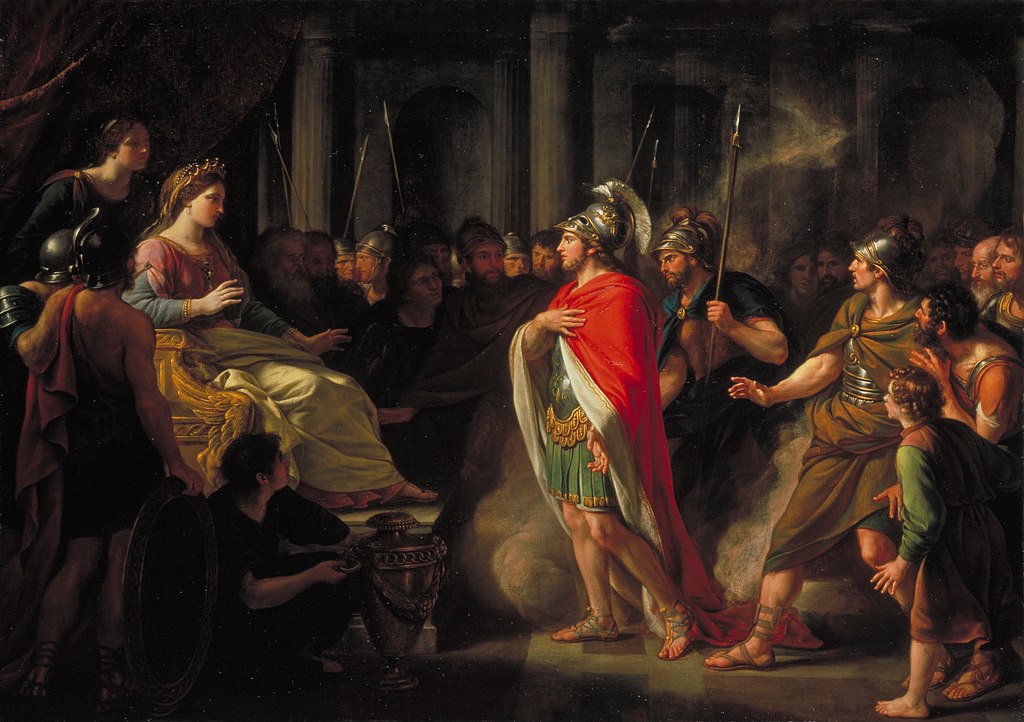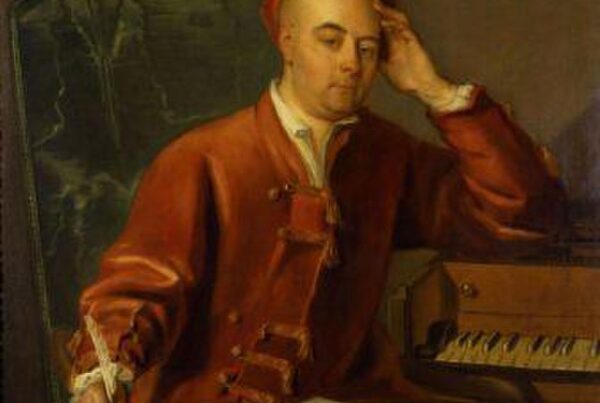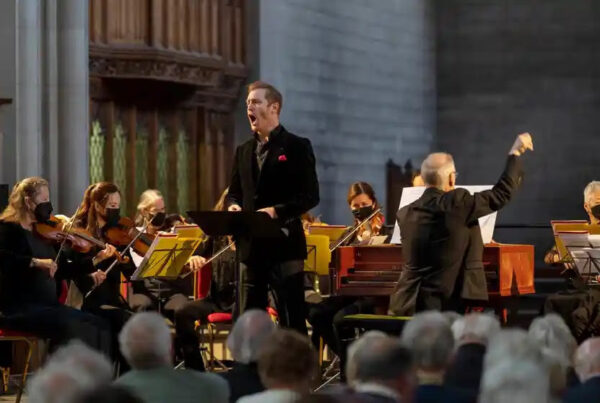England’s first composer of true historical and international significance was born in the right place at the right time. Shortly after Henry Purcell reached his first birthday, the monarchy was restored in England following the exile of the King Charles II and the British Civil Wars. Music started to be heard once more in public institutions after years of confinement to private homes.
The first such institution was the church. Purcell’s father was Master of the Choristers at Westminster Abbey in London and made sure his son was fully involved in the musical life of the Whitehall corridor from an early age (Henry was just 15 when his father died). Thus the budding composer was schooled in musicianship, gained vital professional experience and made important friends.
Charles II wanted more than an active music life at court. He knew that genuine artistic progress depended on absorbing influences from elsewhere in Europe, where he’d just spent years in exile. Purcell, right on cue, matured into a musician of exceptional imagination, able to satisfy those trends while ensuring English music remained individual and progressive. As the strictness of the Renaissance gave way to the new expressive freedoms of the Baroque, Purcell thrived. So, therefore, did music in England.
One crucial innovation played straight into Purcell’s hands. It was the emergence of modern violins and their associated, lower-voiced siblings, viola and cello. These instruments were capable of declamation and energy on an entirely new level. They soon made their forebears in the more genteel ‘viol’ family obsolete (though not before Purcell had written a string of viol masterpieces).
Purcell, the theatre, and the voice
Purcell quickly moved beyond instrumental music, even if he remained within the confines of court life for the time being. He wrote odes, songs and music for the Chapel Royal (a body of musicians rather than a building).
Soon the royal family inadvertently provided Purcell with the opportunity to spread his wings beyond the court. Following the Restoration, Charles II reopened England’s theatres, unleashing commercial stage entertainment that thrived in London in particular. Theatre folk, aware of the acute sense of expression Purcell had invested in his music for court and church, cajoled the composer into joining them.
Purcell wasn’t persuaded quickly. But by the time he wrote his first music for the theatre in the 1680s, his dramatic instincts must have seemed as visionary as Richard Wagner’s would two centuries later. Purcell might have been involved in a new version of Shakespeare’s The Tempest produced in the early 1690s, though the exact provenance of the music ascribed to the production is uncertain.
What we do know, is that Purcell wrote arias, popular songs and numbers for masques, odes and plays. Almost all demonstrate the composer’s natural affinity with the human voice, one reason he was referred to posthumously as the ‘British Orpheus’. The composer’s gift for drama is also clearly emerging in these pieces. It would soon lead to his most famous work – if not the first opera in English, then arguably the best-known and most beloved: Dido & Aeneas.
Get tickets to Philharmonia’s December 2nd performance of Dido & Aeneas here.
Make sure to check out its ‘sequel’—Dido’s Ghost on November 30th here.
Notes by Andrew Mellor © 2023





